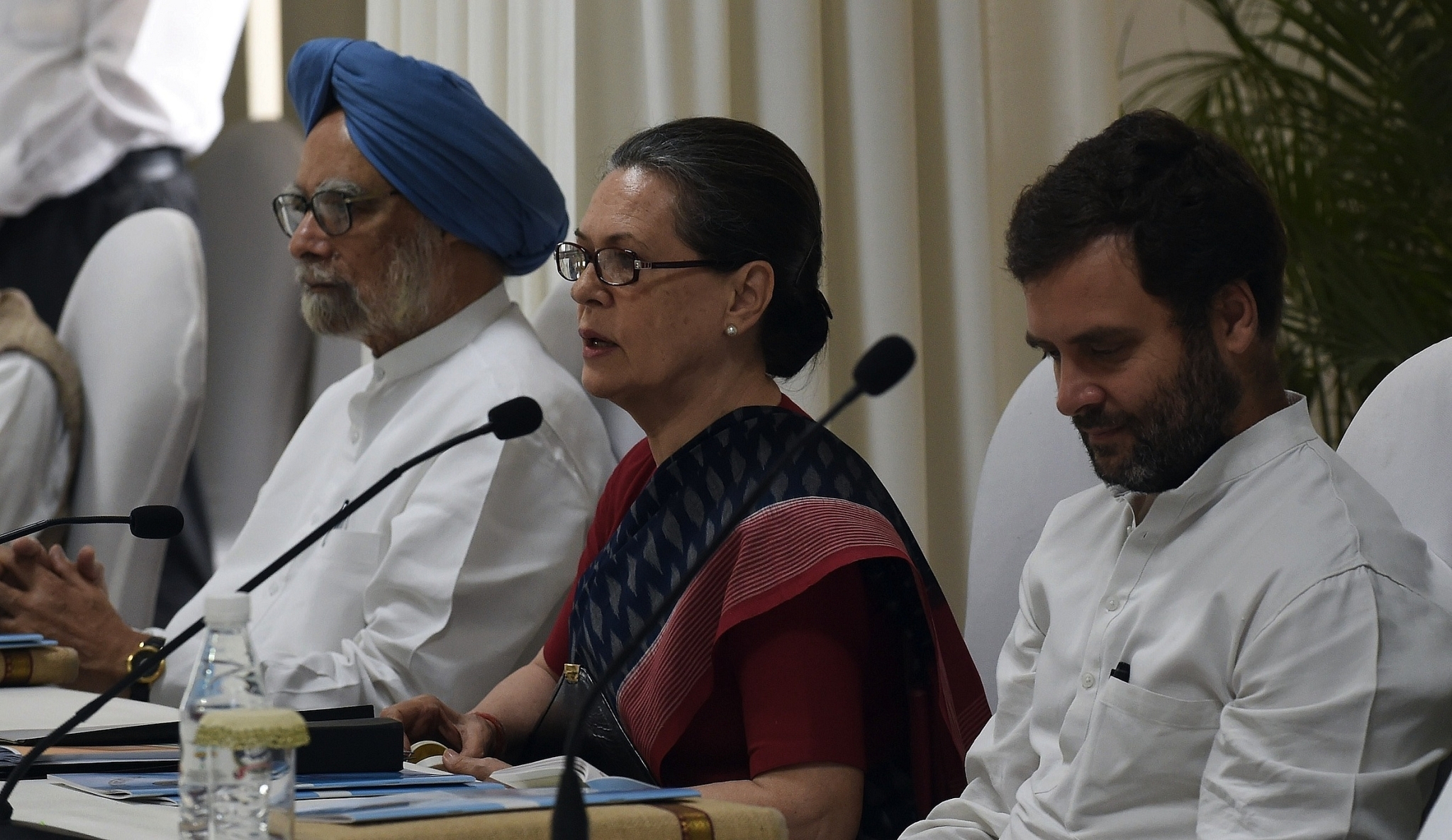
SBI, BoI Q3 Shockers: The Real UPA Scam Was In Messing Up The Banks
Quiz: Where did the UPA do the maximum damage? (a) 2G scam; (b) Coalgate; (c) CWG scam; (d) Banking sector scam(s).
You can choose any answer and you would not be wrong, but my pick would be (d) the banking sector near-scam, where cronies got crores of loans from nationalised banks for dubious projects which have now gone bad and are staining banks’ balance-sheets with red ink.
Economic revival is impossible without a robust banking sector, and that is precisely what is missing right now.
It is not that the rot is being discovered only now. Even while the UPA was in power, a lot of these bad loans were being quietly written off. According to this Indian Express report just two days ago, 29 public sector banks wrote off Rs 1,14,000 crore of bad loans in just three years, from 2013 to 2015. This was more than they did in the previous nine years.
Today’s crop of banking sector results shows that there is no end to the bad news. Close on the heels of horrid results from Punjab National Bank, Dena Bank, Central Bank and Allahabad Bank earlier this week, the last three of which saw a huge pileup of losses, the country’s biggest bank, State Bank of India, has reported shocking results. Net profits plummeted by 62 percent in the October-December 2015 quarter (Q3) compared to the year before, to Rs 1,115 crore.
But the really scary number is the level of gross bad loans – it went up by a steep Rs 15,957 crore to Rs 72,791 crore. The level of bad loans is more than 60 percent of the bank’s market valuation of around Rs 1,18,000 crore (as on 11 January). It shows how badly the market sees the performance of nationalised banks.
Nor is the market moping in vain. Another result (also announced today 11 January) was even worse. Bank of India, one of the top five public sector banks, plunged into a loss of Rs 1,510 crore in the third quarter. This loss figure – in just one quarter, mind you – is more than the entire valuation of United Bank of India (UBI). Put another way, Bank of India has lost enough in one quarter to buy one whole bank.
The point of giving you these numbers is simple: the real scams, whether 2G or in aviation or in coal, always have a counterpart in the banking system which has lent them money. While the banking system may not recognise them as a scam and merely as bad lending decisions, the linkage is undeniable. Behind every scam there is likely to be a bank (or banks) which has put its money on the line.
For example, Vijay Mallya’s Kingfisher owes more than Rs 7,000 crore to banks, including the State Bank of India. The airline’s failure has thus damaged banks more than Mallya.
The bad results in the third quarter of this year are due to the Reserve Bank’s insistence that banks should start recognising the real state of their balance-sheets by providing for stressed loans which look bad but have not been recognised.
But the worst is not over. Most banks may end up disclosing more bad loans in the fourth quarter, which will end this March. Then it will all hang out.
At last count (ie, before the current quarter), bad loans of banks were around Rs 4 lakh crore. But the end of the next quarter, it could be closer to Rs 5 lakh crore, depending on how much of their wounds banks reveal to the public.
The point is this: a lot of these loans would be crony loans, loans made to people favoured by the powers-that-be.
The Indian economic revival is being stymied by the fact that the necessary condition for revival – a healthy banking sector – is not yet in sight.
The next time Rahul Gandhi asks where are the achche din, the answer should be: they will come once we have fixed the damage you have done to the Indian banking system.